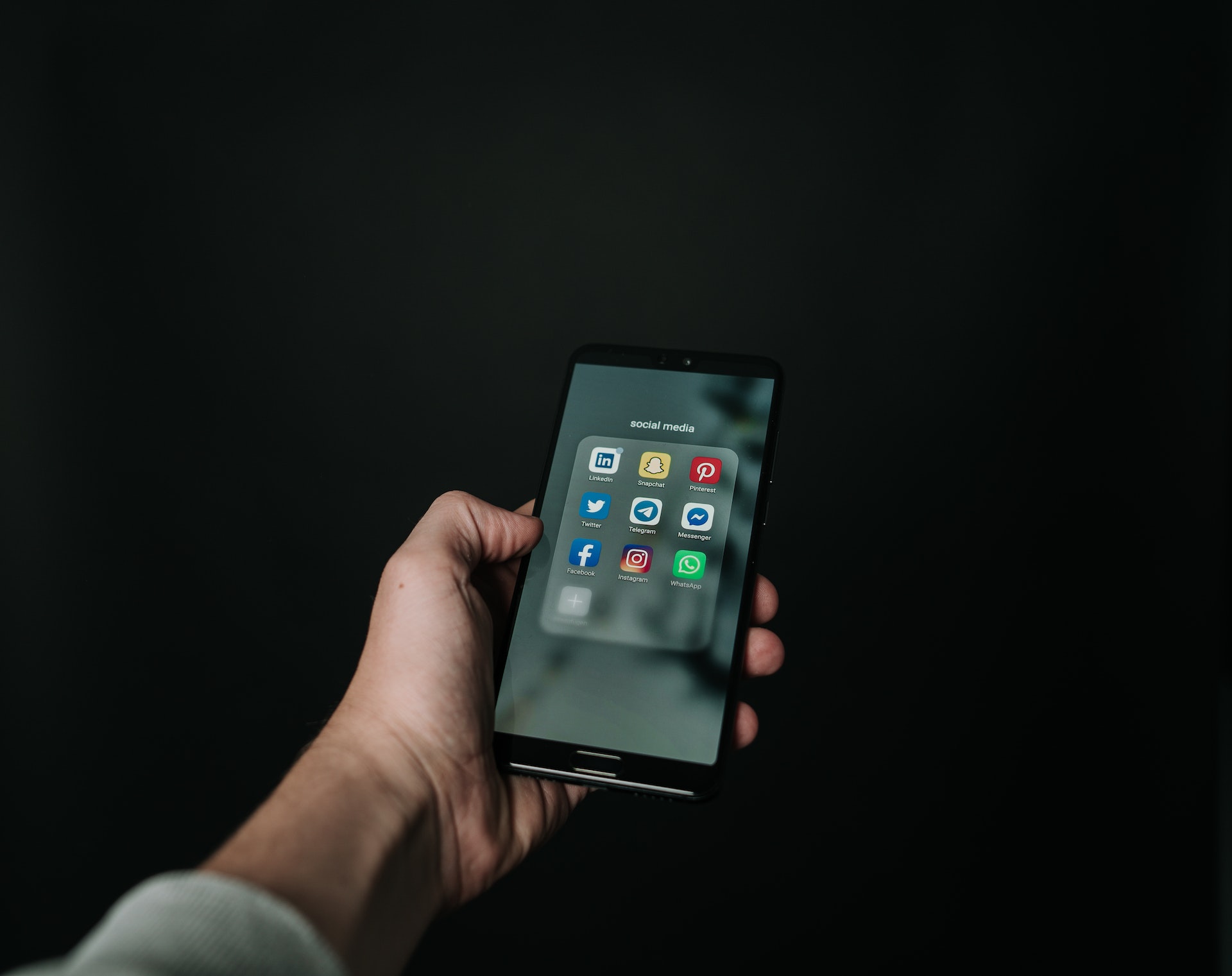In recent years, there has been an ongoing debate about the impact of smartphones and social media on various aspects of society, particularly among the younger generation. Concerns have been raised about issues such as decreased attention spans, mental health implications, and the erosion of real-life connections. However, as we delve deeper into the complex relationship between technology and human behavior, it becomes crucial to question whether smartphones and social media are solely to blame for these societal challenges.
While it is undeniable that smartphones and social media have reshaped the way we communicate, connect, and consume information, attributing all societal issues solely to these platforms oversimplifies a complex web of factors. The blame game often overlooks the broader social, cultural, and psychological contexts that contribute to these challenges. It is essential to approach this issue with nuance, considering the multitude of influences that shape our behaviors and attitudes in the digital age.
One of the key arguments against smartphones and social media is the claim that they lead to decreased attention spans and diminished cognitive abilities. Critics argue that constant exposure to digital stimuli, such as notifications and quick-scrolling feeds, hampers our ability to focus and engage in deep, sustained thinking. While it is true that digital distractions can impact our attention spans, it is crucial to recognize that attention is a multifaceted construct influenced by various factors, including our environment, work demands, and individual characteristics. Smartphones and social media may contribute to attention challenges, but they are not the sole cause.
Similarly, concerns have been raised about the potential negative impact of social media on mental health, particularly among young people. Studies have linked excessive social media use to feelings of loneliness, anxiety, and depression. However, it is important to acknowledge that mental health is a complex issue influenced by numerous factors, including genetics, personal circumstances, and societal pressures. Social media can amplify existing vulnerabilities, but it is not the root cause of mental health issues. Understanding the interplay between technology and mental health requires a comprehensive examination of these multifactorial influences.
Furthermore, the notion that smartphones and social media are eroding real-life connections and fostering shallow relationships deserves scrutiny. While it is true that digital interactions cannot fully replicate the depth and richness of face-to-face communication, it is essential to recognize the positive aspects of online connections. Social media platforms have enabled individuals to connect with others who share similar interests, provide support, and facilitate collaboration on a global scale. It is not the technology itself but rather the way we use it that determines the quality of our relationships.
The blame game often overlooks the role of individual agency and personal responsibility in our digital lives. Ultimately, we have control over how we engage with technology and the boundaries we set for ourselves. It is important to promote digital literacy and empower individuals to make informed decisions about their online behaviors. By fostering critical thinking skills and encouraging healthy digital habits, we can mitigate the potential negative effects of smartphones and social media.
Addressing the challenges associated with smartphones and social media requires a multifaceted approach that involves various stakeholders. Technology companies have a responsibility to design platforms that prioritize user well-being, incorporating features that promote healthy usage and protect user privacy. Additionally, policymakers can play a crucial role in implementing regulations that ensure transparency, data protection, and responsible technology use.
As a society, we must resist the temptation to place the entire burden of responsibility on smartphones and social media. It is crucial to recognize the broader societal issues that underlie our concerns. Factors such as societal pressures, systemic inequalities, and the influence of traditional media also contribute to the challenges we face today. Blaming smartphones and social media alone simplifies the narrative and hinders our ability.




